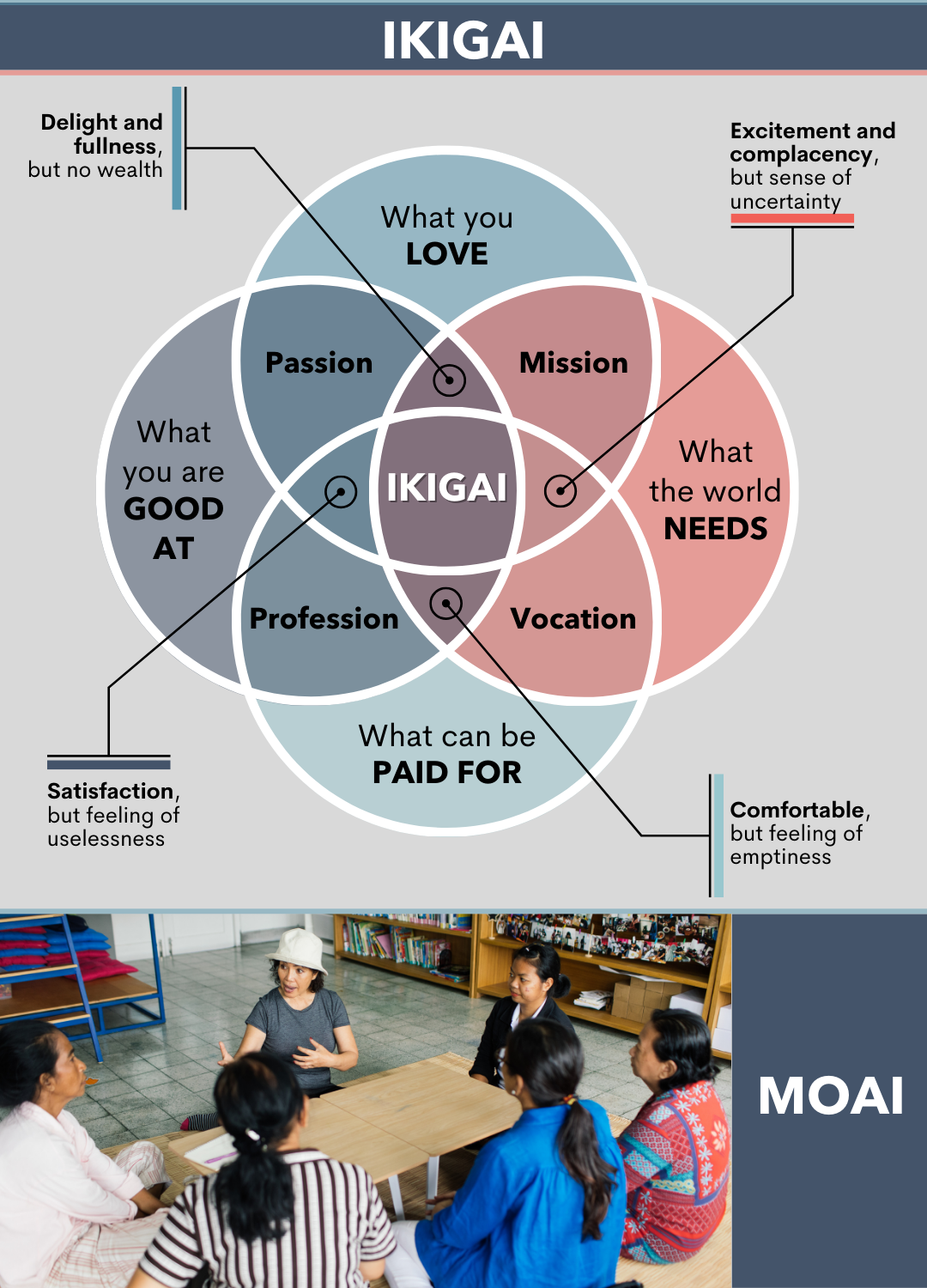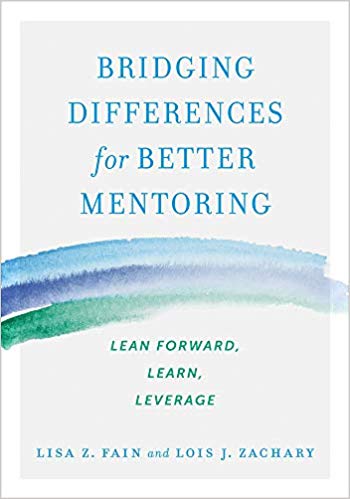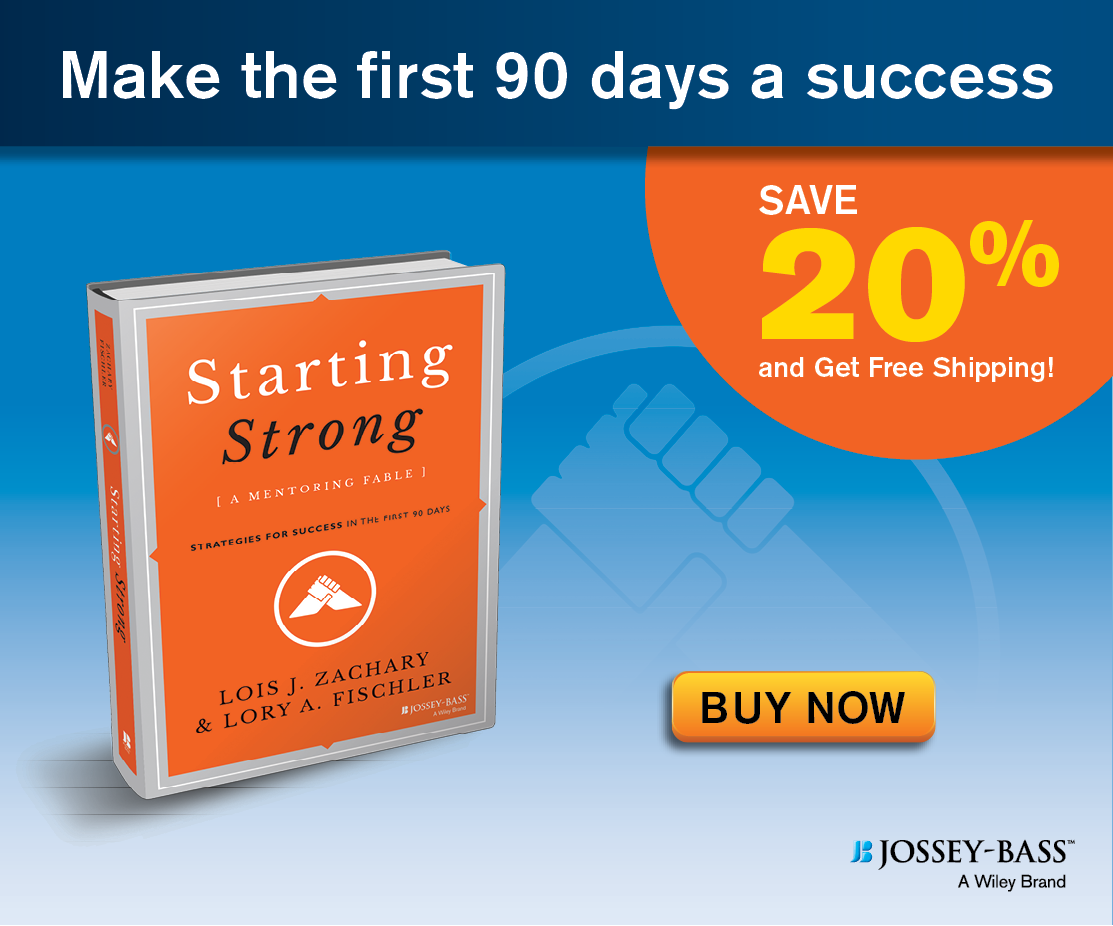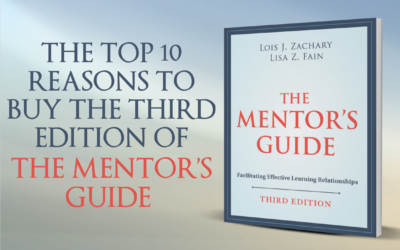Ikigai and Moai Principles Offer a Transformative Mentoring Approach
Written by: Angela McGuire | January 2024
Over the past year I have had the privilege of participating in the genesis of a Blues Zones city in the southeastern region of the United States. Blue Zones employs evidence-based solutions to help people live better and longer by making healthier choices easier where people live, work, learn, and play (www.BlueZones.com). Ikigai and Moai are two of the tenets intertwined in the Blue Zones model for living a healthier life. Though these concepts aren’t specific to mentoring, exploring their relevance to mentoring relationships unveils a unique synergy that fosters personal growth and connection.
Ikigai, often described as the intersection of what you love, what you are good at, what the world needs, and what you can be paid for, serves as a compass for individuals seeking purpose. When applied to mentoring, it becomes a guiding principle for both mentors and mentees, encouraging them to align their passions, skills, and contributions within the mentoring dynamic. Mentors, driven by their Ikigai, can provide more meaningful guidance. By identifying their own purpose and values, mentors can inspire and be a guide to their mentees as they explore their own unique intersections. This alignment facilitates a deeper connection and a more authentic mentoring experience. For mentees, understanding their Ikigai helps them set clear goals and expectations. It empowers them to actively seek mentors whose experiences and values resonate with their own Ikigai. This intentional approach contributes to a mentoring relationship that goes beyond skill development, nurturing personal and professional fulfillment.
Moai is a Japanese term for social support groups which emphasizes the importance of community and shared experiences. In mentoring relationships, Moai principles encourage the formation of supportive networks around the mentor-mentee relationship. This collective support system amplifies the impact of mentoring, providing diverse perspectives and shared wisdom. The research of mentoring scholars like Kathy Kram and Belle Rose Ragins shows the power of developmental networks such as these on mentee growth. Kram and Ragins (2007) encourage those in mentoring relationships to not only take part in developmental networks but to strengthen their value through mutual learning and fostering more connections. Mentors and mentees can engage in group discussions, collaborative projects, and shared learning experiences. This not only enriches the mentoring process but also creates a supportive network that extends beyond individual pairings. By intertwining Ikigai and Moai dynamics in mentoring, a collective sense of purpose emerges. Mentoring relationships go beyond individual journeys but also contribute to a broader community with shared values and goals. This interconnectedness enhances the overall impact, creating a ripple effect of positive influence.
In mentoring relationships, the incorporation of Ikigai and Moai principles offers a transformative approach. Mentors and mentees, driven by their unique purpose, find enhanced meaning and fulfillment in their journey together. As the mentoring landscape evolves, embracing these Japanese concepts can pave the way for more purposeful and connected relationships.
Ragins, B. R. and Kram, K. (2007). The Handbook of Mentoring at Work. Sage Publications, Inc.

Now Available!
MORE FROM OUR BLOG
Top Ten Reasons to Buy The Mentor’s Guide, Third Edition
Major Changes to the 3rd Edition Major Changes to the Third Edition Since the first edition appeared in 2000, interest in and knowledge about adult learning and development has grown exponentially. We now recognize that adult learning is more than a cognitive process;...
WeMentor Podcast Mini-Series Pt. 3: A Rare Look Inside a Mother and Daughter’s Transition of Ownership
The Center for Mentoring Excellence has always been run by women passionate about mentoring. But did you know that CME is a family business? The third part of the WeMentor podcast mini-series features Dr. Lois Zachary and Lisa Fain. They discuss what worked for them...
WeMentor Podcast Mini-Series Pt. 2: Celebrating Mentoring Excellence with Lisa Fain
In our last post, we introduced you to one half of the mother-daughter duo of Center for Mentoring Excellence, Dr. Lois Zachary. Today, check out the second part of the three-part series from WeMentor to learn more about Dr. Zachary's daughter and CME's CEO, Lisa...




